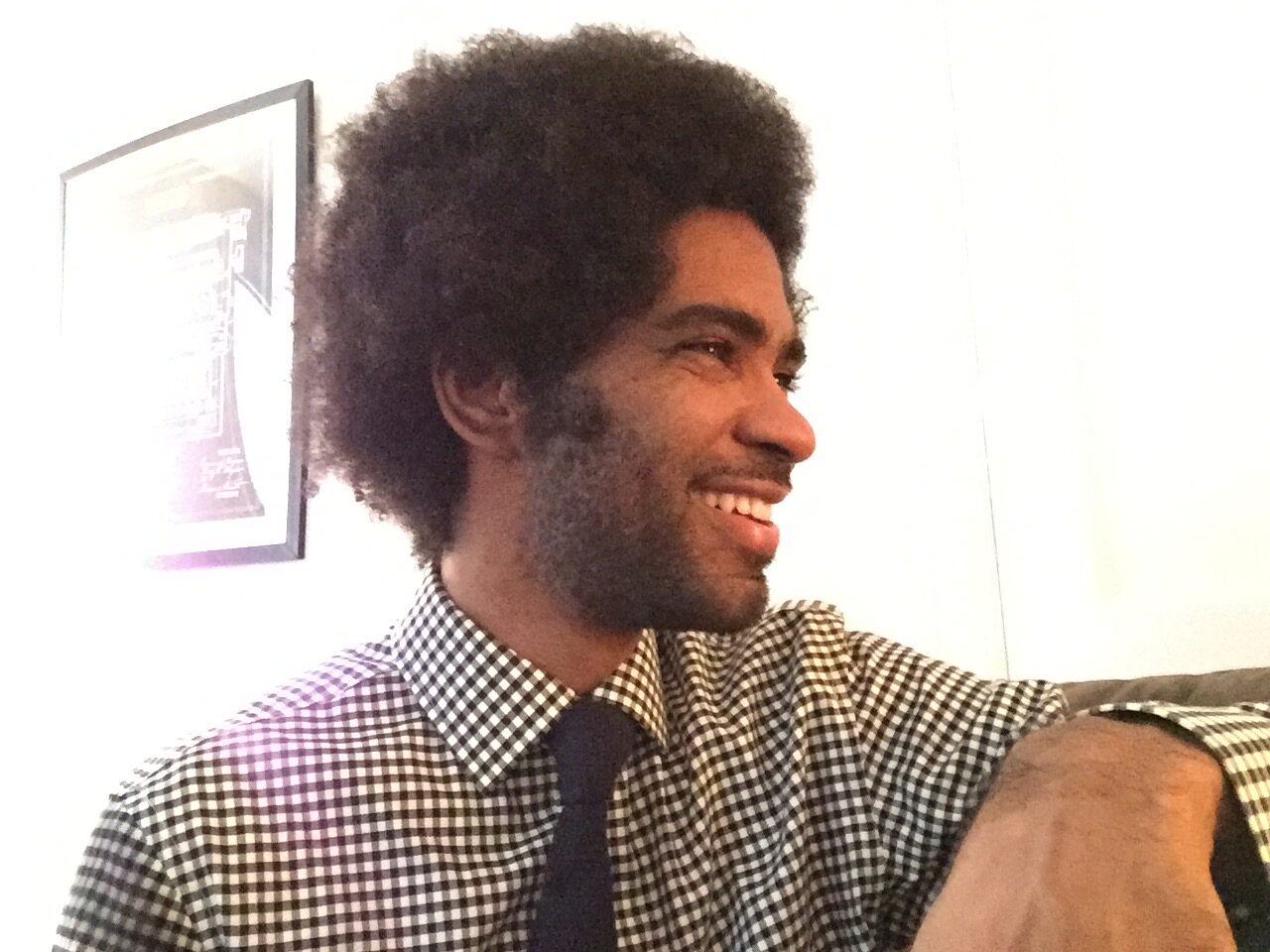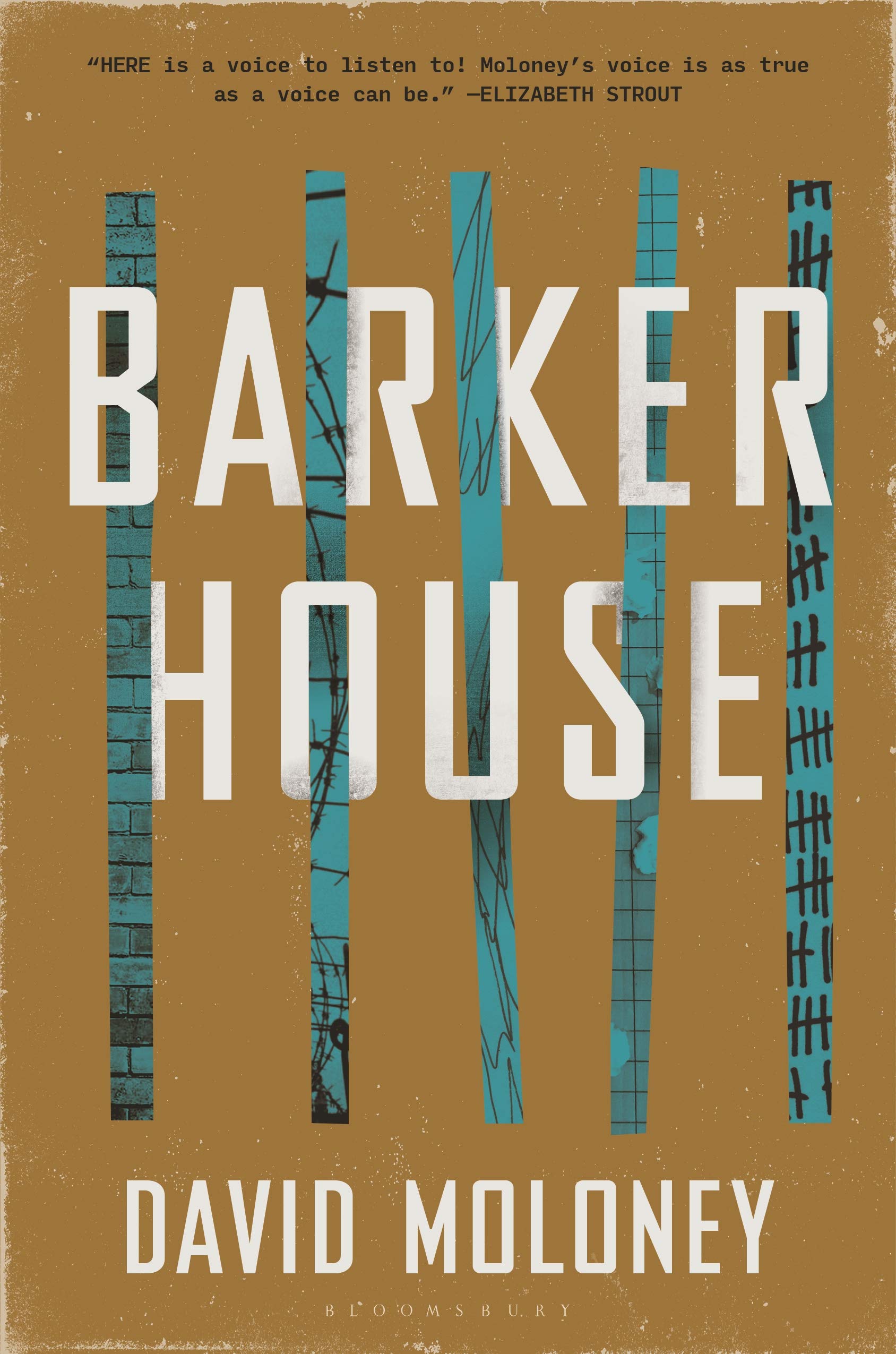The following is an excerpt from the memoir Thin Places: A Natural History of Healing and Home by Kerri ní Dochartaigh, out now from Milkweed Editions. Click here to learn more.
Even as a child, I could see no way of staying in my hometown. The edges of the broken and breaking city never quite held themselves in place, and my own family life mirrored those fractures. There was just so much loss all around me. Everywhere I turned seemed stabbed right through, constantly punctured by the outside world. The past, present and future all seemed to blend into one, and every single part of the story held sorrow that I couldn’t get rid of, no matter how deep I tried to bury it. So many different things—situations, times of year, people—made the bad things rise up from inside to bite me again. Triggers, I know that now. It left me feeling scared, hollowed out and with no control over any of it, not really knowing how to make it—any of it—stop.















